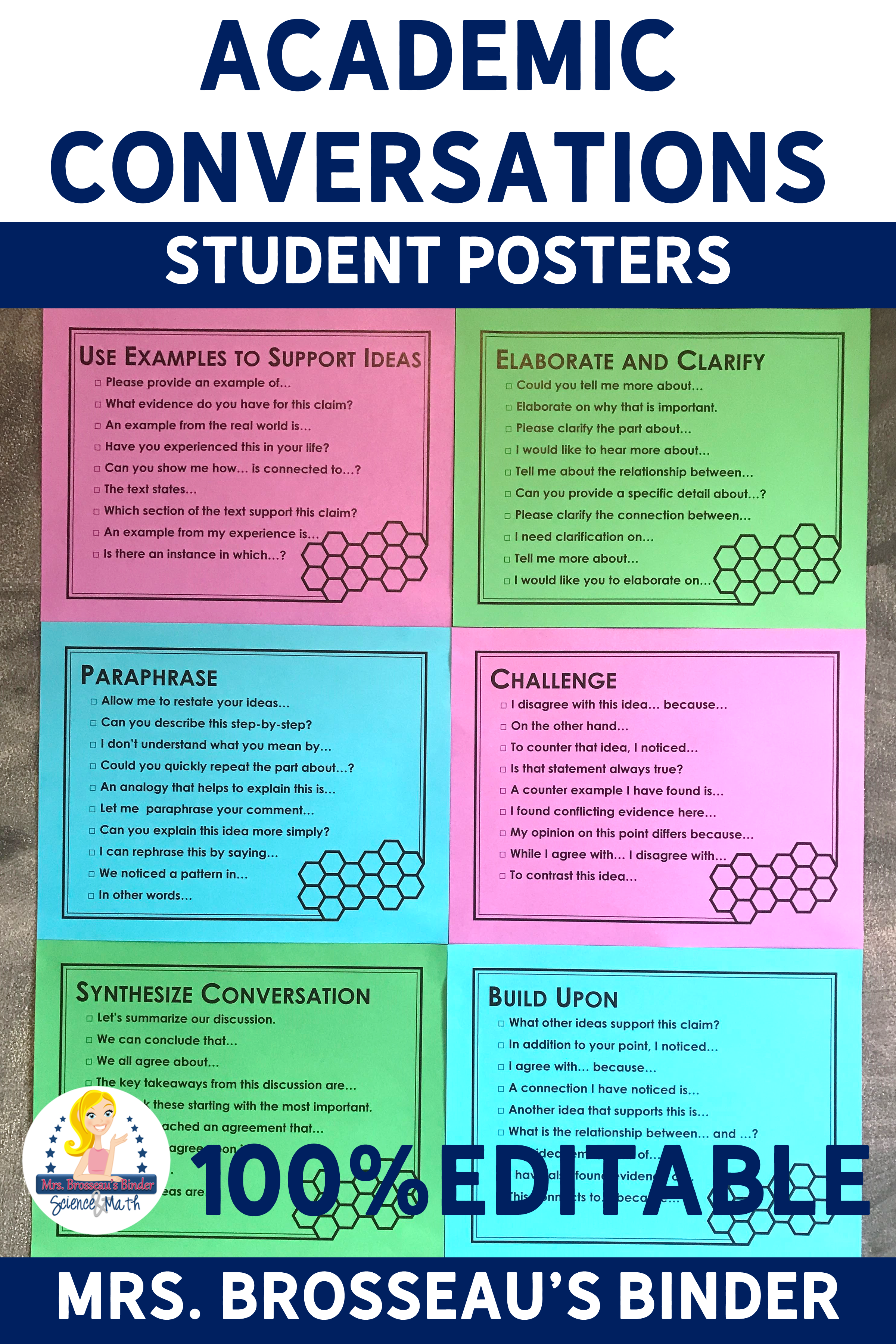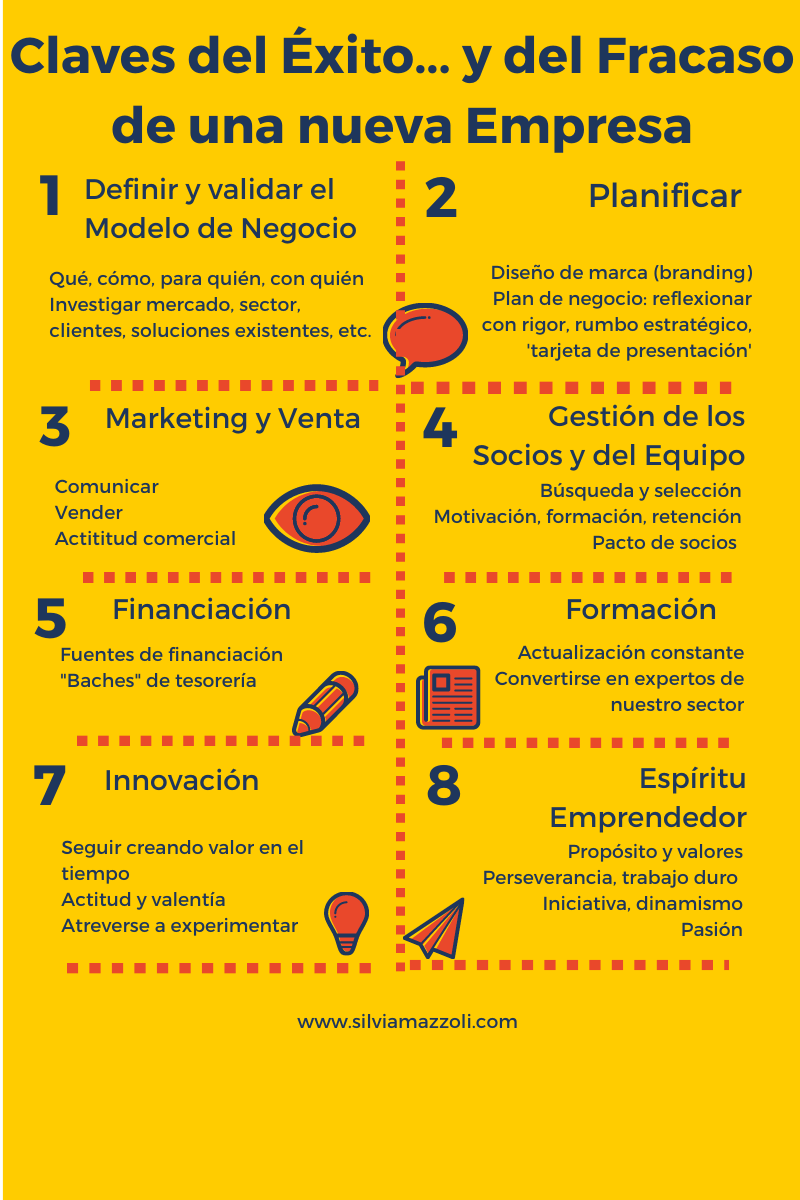How To Break Bread With Scholars: Tips For Engaging In Academic Conversations

Table of Contents
Preparing for Meaningful Engagement
Engaging in a productive academic conversation requires preparation. Thorough preparation demonstrates respect for the other participants and lays the foundation for a fruitful exchange of ideas. This preparation involves understanding the context of the conversation and practicing active listening skills.
Understanding the Context
Before entering any academic conversation, thorough research is essential. This means more than just skimming the assigned readings. You need a deep understanding of the topic at hand.
- Research the Topic Thoroughly: Familiarize yourself with key authors, relevant theories, and current debates surrounding the subject. Understanding the historical trajectory of the conversation will help you place current discussions in their proper context.
- Identify the Conversation's Aims: Is this a formal debate? A collaborative brainstorming session? A presentation followed by a Q&A? Understanding the format will shape your approach and the type of contributions you make.
- Know Your Audience: Understanding the audience's expertise level is vital. Tailor your language and the depth of your contributions accordingly. Avoid using overly technical jargon if the audience is unfamiliar with the subject.
- Anticipate Potential Points of Contention: Thinking ahead about potential areas of disagreement will allow you to formulate well-reasoned responses and contribute to a more productive conversation.
- Prepare Insightful Questions: Coming prepared with thoughtful questions demonstrates engagement and can significantly contribute to the flow and depth of the discussion.
Active Listening and Note-Taking
Active listening is more than just hearing; it's about fully engaging with the speaker's message. This involves paying close attention, understanding their perspective, and responding thoughtfully.
- Concentrate Fully: Give the speaker your undivided attention. Minimize distractions and focus on understanding their message, not just formulating your response.
- Take Concise Notes: Record key ideas, questions, and insights during the conversation. This will aid in formulating thoughtful responses and remembering important details for future reference.
- Maintain Eye Contact: Eye contact signals respect and engagement. It shows the speaker that you are actively listening and valuing their contributions.
- Avoid Interrupting: Allow the speaker to finish their thoughts before interjecting. Interrupting disrupts the flow of conversation and can be perceived as disrespectful.
- Summarize Key Points: Periodically summarize the speaker's main points to confirm your understanding and ensure accurate communication.
- Use Non-Verbal Cues: Use nonverbal cues like nodding, leaning forward, and maintaining appropriate eye contact to show your engagement and understanding.
Participating Respectfully and Effectively
Once the conversation begins, respectful and effective participation is key. This involves expressing your views clearly and confidently while remaining mindful of others' contributions.
Respectful Discourse
Academic discussions thrive on respectful disagreement. While robust debate is encouraged, personal attacks or dismissive language have no place in scholarly discourse.
- Express Views Clearly and Confidently: State your opinions clearly and directly, but avoid aggressive or confrontational language. Confidence is key, but arrogance is not.
- Acknowledge Others' Contributions: Even if you disagree with a point, acknowledge the effort and thought behind it. Building on others' ideas, even to refute them, is a crucial element of productive discourse.
- Use Inclusive Language: Avoid using language that excludes or marginalizes any participant. Ensure your language is accessible and considerate of diverse perspectives.
- Cite Sources Appropriately: Support your claims with evidence and cite sources correctly. This enhances the credibility of your arguments and promotes intellectual honesty.
- Be Mindful of Differing Perspectives: Recognize that diverse viewpoints are valuable and contribute to a richer understanding of the topic. Be open to perspectives that differ from your own.
- Avoid Interrupting or Dominating: Allow everyone a fair chance to contribute. Avoid monopolizing the conversation or interrupting others.
Articulating Your Ideas Clearly
Articulating your ideas clearly and concisely is crucial for effective participation. Structure your contributions logically and support your claims with evidence.
- Structure Your Contributions Logically: Organize your thoughts into a clear and coherent structure. A logical flow enhances comprehension and facilitates a smooth conversation.
- Use Clear and Concise Language: Avoid jargon or overly technical language unless you are certain everyone understands it. Strive for clarity and precision in your communication.
- Support Arguments with Evidence: Back up your claims with evidence, examples, and relevant research. This enhances the credibility of your arguments and strengthens your contributions.
- Speak Confidently but Not Aggressively: Deliver your points with confidence, but avoid being overly assertive or aggressive. A calm and measured tone encourages productive discussion.
- Practice Formulating Arguments: Rehearse your points beforehand. This will increase your confidence and enable you to articulate your ideas more effectively.
- Be Open to Constructive Criticism: Be receptive to feedback and willing to consider alternative viewpoints. Constructive criticism can help you refine your ideas and enhance your understanding.
- Use Visuals or Other Aids: If appropriate, use visuals, data, or other aids to support your points and enhance understanding.
Building Networks and Collaboration
Engaging in academic conversations extends beyond individual interactions. Building a strong network within the academic community is vital for collaboration and knowledge sharing.
Networking within Academic Communities
Active participation in academic communities is crucial for building relationships and finding collaborators.
- Attend Conferences, Workshops, and Seminars: These events provide opportunities to meet scholars in your field, engage in discussions, and learn about new research.
- Join Professional Organizations: Membership in professional organizations provides access to resources, networking opportunities, and opportunities for collaboration.
- Engage in Online Forums: Participate in online discussions and contribute to relevant threads. This is an excellent way to connect with scholars worldwide and stay up-to-date on research.
- Introduce Yourself and Share Your Research Interests: Don't be afraid to initiate conversations and introduce yourself to others. Sharing your research interests can lead to fruitful collaborations and new opportunities.
- Attend Networking Events and Social Gatherings: These events offer more informal settings to connect with scholars and build relationships.
- Follow Leading Scholars and Participate in Their Online Communities: Following leading scholars and participating in their online communities can provide valuable insights and opportunities for engagement.
Collaborative Research and Knowledge Sharing
Collaborative research projects are valuable for both personal and professional growth. Actively sharing your knowledge and participating in knowledge-sharing initiatives is also crucial.
- Seek Out Opportunities for Collaborative Projects: Collaborating with others can broaden your perspectives and enhance your understanding.
- Share Your Knowledge and Expertise: Actively contribute your knowledge and expertise to collaborative projects and discussions.
- Actively Participate in Peer Review Processes: Peer review is essential for maintaining academic rigor. Participating in peer review contributes to the overall quality of scholarly work.
- Contribute to Open-Access Publications: Contributing to open-access publications makes your work accessible to a wider audience and promotes knowledge sharing.
Conclusion
Engaging in effective academic conversations is a crucial skill for success in academia. By following these tips on preparation, respectful participation, and building networks, you can significantly improve your ability to contribute to meaningful discussions and build strong collaborations. Remember that effective communication, active listening, and thoughtful engagement are key to mastering the art of engaging in academic conversations. Start practicing these techniques today and elevate your academic interactions! Become a more active and valued participant in the world of scholarly discourse by refining your skills in engaging in academic conversations.

Featured Posts
-
 Your March 2024 Ps Plus Premium And Extra Games Await
May 08, 2025
Your March 2024 Ps Plus Premium And Extra Games Await
May 08, 2025 -
 Get Your Psl 10 Tickets Sale Commences Today
May 08, 2025
Get Your Psl 10 Tickets Sale Commences Today
May 08, 2025 -
 Xrp Etf Approved In Brazil Latest Ripple Xrp News And Trumps Ripple Post
May 08, 2025
Xrp Etf Approved In Brazil Latest Ripple Xrp News And Trumps Ripple Post
May 08, 2025 -
 Este Betis Historico Claves De Su Exito Y Legado
May 08, 2025
Este Betis Historico Claves De Su Exito Y Legado
May 08, 2025 -
 Will Trumps Next Speech Send Bitcoin Soaring Above 100 000 A Price Prediction Analysis
May 08, 2025
Will Trumps Next Speech Send Bitcoin Soaring Above 100 000 A Price Prediction Analysis
May 08, 2025
